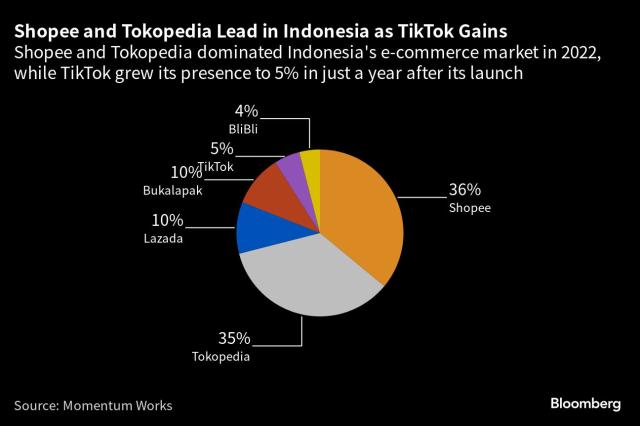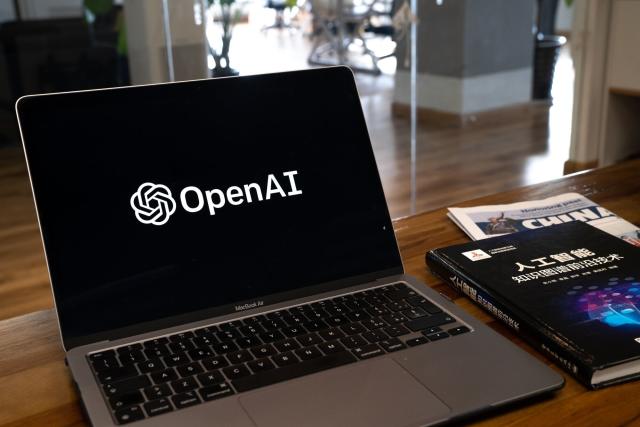Cellnex Agrees to Sell Nordics Stake for €730 Million
Cellnex Telecom SA, Europe’s largest tower operator, has announced its agreement to sell a substantial stake in its operations in Denmark and Sweden for approximately €730 million ($772 million) in a strategic move aimed at reducing debt.

This marks Cellnex’s first major divestment under the leadership of CEO Marco Patuano, who took the reins in June with a mission to reshape the company’s strategy after a series of acquisitions. Private equity firm Stonepeak is set to acquire a 49% holding in Cellnex’s Danish and Swedish operations. The deal involves a €558 million upfront payment, with an additional €130 million scheduled three years after closing. Furthermore, a €40 million earn-out is anticipated in 2026. The transaction is slated to conclude no later than the first quarter of the upcoming year.
Shares of Cellnex experienced a 4% surge to €33.70 in Madrid, reaching the highest point since July. The stock’s performance made it the leading gainer on the European Stoxx 600 Telecommunications Index.
Patuano, expressing his views in July, highlighted Denmark and Sweden as markets ripe for consolidation. He emphasized the importance of partnering with entities possessing “deep pockets” to facilitate the process. The tower operator had initially entered these markets in 2021 through the acquisition of CK Hutchison Holdings Ltd.’s European towers.
Analyst James Ratzer from New Street Research remarked that Cellnex secured an advantageous deal, receiving a premium compared to its current trading multiple and the acquisition cost of the assets two years ago. This divestment aligns with Cellnex’s commitment to its deleveraging initiative.
Also Read: ChatGPT Now Supports Voice Chats and Image-Based Queries
Since its initial public offering in 2015, Cellnex enjoyed a period of advantageous borrowing costs and strong investor interest, facilitating numerous acquisitions. However, the dynamics shifted with rising interest rates, prompting Cellnex to explore avenues to raise funds and alleviate its debt burden.
Patuano, while emphasizing debt reduction as a priority, has also indicated a willingness to collaborate with financial investors to support future ventures. The successful sale of its Nordics stake is seen as a significant step in executing this dual strategy, providing both a financial boost and paving the way for future initiatives.

I am a law graduate from NLU Lucknow. I have a flair for creative writing and hence in my free time work as a freelance content writer.




